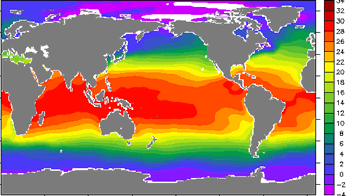As the Sun warms the equator more than the poles, climate varies with latitude. This image shows how sea surface temperatures change at different latitudes. Red colors indicate warmer ocean water, blues and purples indicate cooler ocean water.
Click on image for full size
Image courtesy of NOAA. Public domain.
What Is Climate?
How do you know to pack your bathing suit and sunhat for a trip to a tropical island or pack warm sweaters and coats for a trip to Alaska?
If you know a little about regional climates, then you know what to pack!
Regional climate is the typical weather of a place. It is all the types of weather that happen during different seasons. The climate is different in different places on Earth.
But what if you were taking a vacation to another planet like Mars or Venus? To know what to pack you would want to figure out what the global climate of Earth and the vacation planet are like. Global climate is a description of the climate of a planet as a whole including all the regional differences. Overall, global climate depends on the amount of energy received by the Sun and the amount of energy that is trapped in the system. Scientists who study Earth's climate and climate change study the factors that affect the climate of our whole planet.
While the weather can change in just a few hours, climate takes many years, even millions of years, to change. Many different things can cause climates to change. Today, climates are changing and our planet's temperature is rising. Our Earth is warming more quickly than it has in the past.
You might also be interested in:
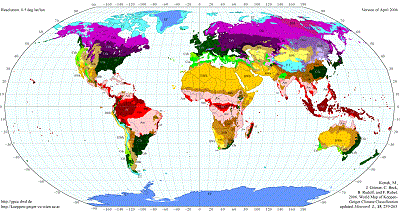
The average temperature, precipitation, and winds at a location determine its regional climate. These average weather conditions are determined by factors including the latitude and altitude of the region,
...more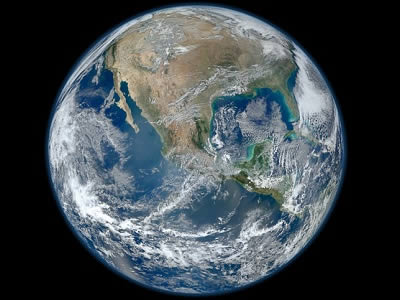
Earth's climate is determined by the amount of energy received from the Sun and the amount of energy held in the Earth system - in short, Earth's radiation budget. The Sun emits a huge amount of energy,
...more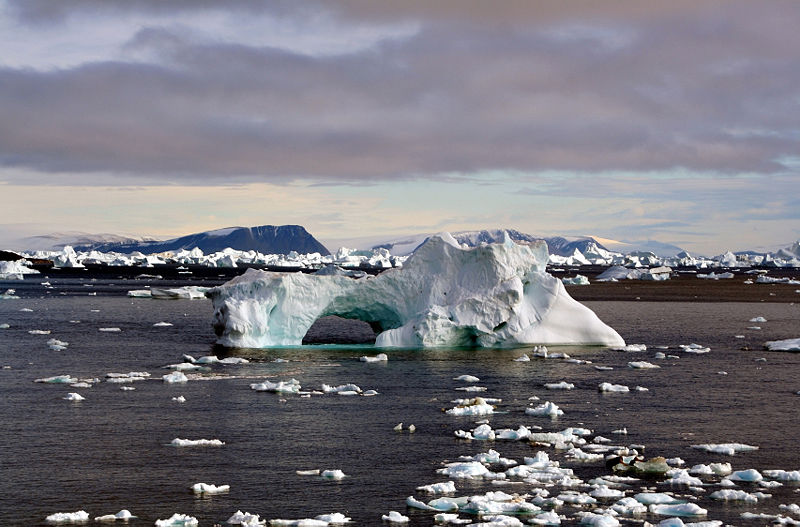
When people talk about climate change, they mean changes in the average weather in a place or on the planet as a whole. When average temperature or precipitation in a place changes over a long term -
...more
Have you ever taken your temperature to see if you are getting sick? Scientists have been taking the Earth's temperature and have found that it is getting warmer. During the past 100 years, the Earth's
...more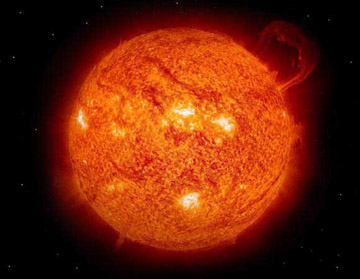
The Sun Climate can change if there is a change in the amount of solar energy that gets to Earth. A change in the solar cycle can impact climate. The effect is too small to be the reason that global warming
...more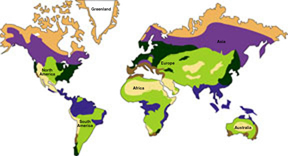
Places far from the equator receive less sunlight than places close to the equator. The amount of sunlight and the amount of precipitation affects the types of plants and animals that can live in a place.
...more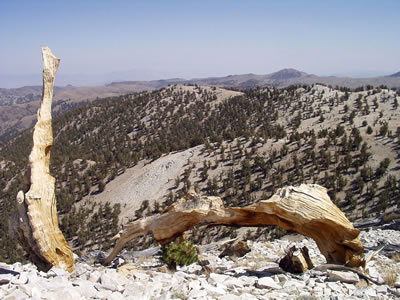
Studying tree rings doesn't only tell us the age of that tree. Tree rings also show what climate was like while the tree was alive. This means that tree rings can tell us about climates of the past. Two
...more


